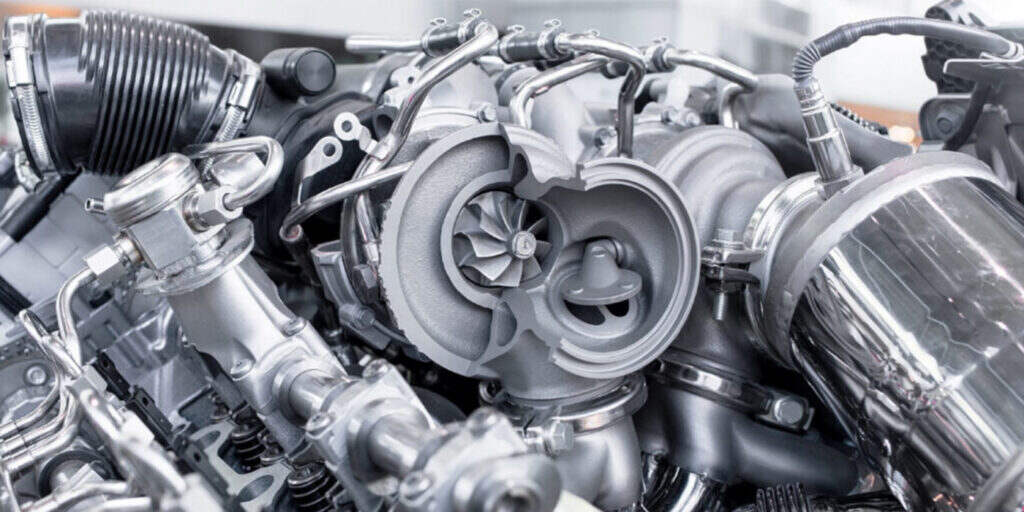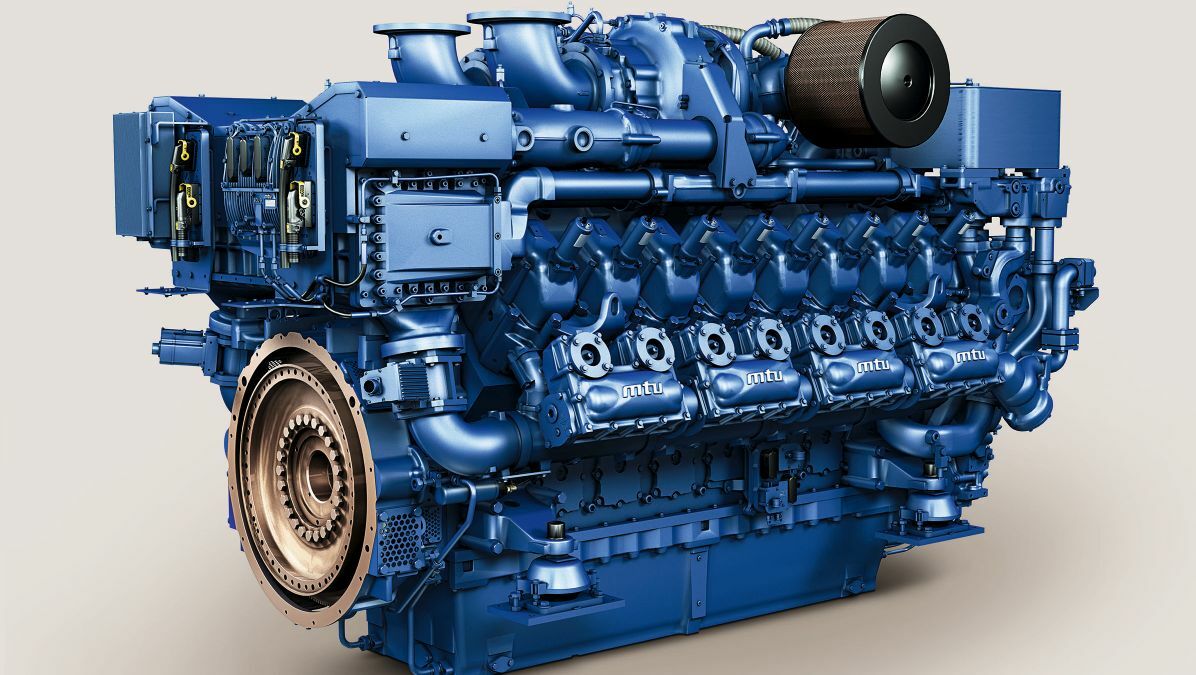The Impact of Cutting-edge Engine Technologies on Energy Performance and Environmental Sustainability
In the world of transport and commercial equipment, the continual quest for improved power performance and decreased ecological effect has actually brought about substantial developments in engine innovations. From the gradual change in the direction of hybrid and electrical systems to the assimilation of turbocharging for improved efficiency, the landscape of engines is evolving swiftly. The usage of alternate gas even more expands the alternatives offered for sustainable power sources. These developments not just promise a greener future but additionally hold the potential to change the way we approach power usage and environmental sustainability.
Development of Engine Technologies
The development of engine technologies over the years has been marked by continual technology and improvement in pursuit of enhanced efficiency and efficiency. From the very early days of inner burning engines to the advanced crossbreed and electric powertrains these days, the development of engine innovations has actually been driven by a ruthless quest for improved gas efficiency and decreased discharges.
One considerable landmark in this advancement was the development of turbocharging and straight shot systems, which dramatically improved engine power output while boosting fuel performance. These innovations enabled smaller sized, more light-weight engines that could supply the performance of bigger ones without jeopardizing on effectiveness.
Furthermore, advancements in materials scientific research have actually brought about the prevalent fostering of light-weight products such as light weight aluminum and carbon fiber in engine building. This has not just minimized overall car weight yet has actually also improved engine efficiency by lessening energy losses related to inertia and friction.
Benefits of Electric and Crossbreed Solutions
With the expanding concentrate on sustainability and power performance, what benefits do hybrid and electric systems supply in the world of engine innovations? Electric and hybrid systems present various benefits that add to a much more energy-efficient and lasting future. Among the key advantages is the significant reduction in greenhouse gas emissions compared to typical inner burning engines. Electric cars generate no tailpipe discharges, leading to improved air quality and lowered ecological influence. Additionally, electrical and hybrid systems are a lot more energy-efficient, converting a greater percentage of saved energy right into propulsion contrasted to traditional engines. This efficiency leads to lower energy intake and operating prices over the car's lifetime. Electrical lorries offer regenerative braking systems that record and save energy usually shed during braking, additionally boosting power efficiency (engines for africa). Crossbreed systems combine the advantages of electrical propulsion with the versatility of a burning engine, supplying expanded driving ranges and lowering variety stress and anxiety for consumers transitioning to electric lorries. In general, hybrid and electrical systems play a critical function ahead of time power performance and ecological sustainability in the transport industry.
Turbocharging for Improved Performance
Turbocharging jobs by utilizing a generator to force more air right into the combustion chamber, enabling for better fuel combustion and boosted power output without a substantial rise in engine size. By optimizing the performance of the combustion process, turbocharged engines can accomplish enhanced gas economic situation and lowered emissions, adding to environmental sustainability. The extensive adoption of turbocharged engines in both gasoline and diesel cars shows their efficiency in stabilizing efficiency, performance, and environmental impact.
Using Alternate Gas
Using alternative fuels presents a promising avenue for reducing carbon exhausts and diversifying the power sources utilized in transportation. As the world strives to combat climate modification and reduce reliance on fossil fuels, different fuels have gained significant interest for their potential ecological and economic benefits.
Biofuels, such as ethanol and biodiesel, are acquired from eco-friendly resources like sugarcane, his comment is here corn, and algae, offering a cleaner burning choice to conventional gasoline and diesel. These fuels can be combined with existing oil fuels or made use of in dedicated engines, supplying a pathway to reduced greenhouse gas discharges and enhance air top quality.
In addition, hydrogen gas cells have become an encouraging innovation for zero-emission transportation. engines for africa. By transforming hydrogen gas into electrical energy to power electric motors, gas cell vehicles create only water vapor as a byproduct, eliminating harmful tailpipe discharges entirely
Along with decreasing carbon discharges, alternative fuels can additionally boost energy safety and security by branching out the gas mix and minimizing dependence on imported oil. Accepting alternative gas in transport is an important action in the direction of attaining a more ecologically friendly and lasting future.

Environmental Benefits and Future Leads
The ecological advantages of alternative fuels and their possibility for long-term sustainability are key factors to consider in the change in the direction of cleaner power sources. Alternative gas, such as biofuels, hydrogen, and power, offer considerable environmental benefits compared to standard nonrenewable fuel sources. These fuels produce reduced levels of greenhouse gas exhausts, reducing air contamination and mitigating environment adjustment effects. Furthermore, different gas can help expand energy resources, enhancing power security and lowering reliance on limited sources.
Developments in modern technology proceed to enhance the performance and affordability of alternate fuel automobiles, making them more obtainable to consumers. By accepting different gas and innovative innovations, the path towards a much more lasting future ends why not try this out up being progressively achievable.

Conclusion
In conclusion, innovative engine technologies have actually played a crucial function in boosting energy performance and promoting environmental sustainability. The advancement of engine innovations, fostering of electrical and hybrid systems, application of turbocharging, and expedition of different gas have all added to reducing discharges and boosting performance.
In the world of transportation and industrial machinery, the continuous quest for boosted energy performance and minimized environmental impact has led to considerable improvements in engine innovations. Turbocharging jobs by making use of a generator to force even more air right into the burning chamber, allowing for far better fuel burning and raised power outcome without a considerable rise in engine dimension. By taking full advantage of the performance of the burning process, turbocharged engines can attain improved fuel economic climate and minimized emissions, adding to ecological sustainability. Alternate fuels, such as biofuels, hydrogen, and power, offer substantial ecological advantages contrasted to conventional fossil fuels. The advancement of engine innovations, adoption of electric and hybrid systems, application of turbocharging, and exploration of different fuels have all contributed to decreasing emissions and raising click here for more efficiency.